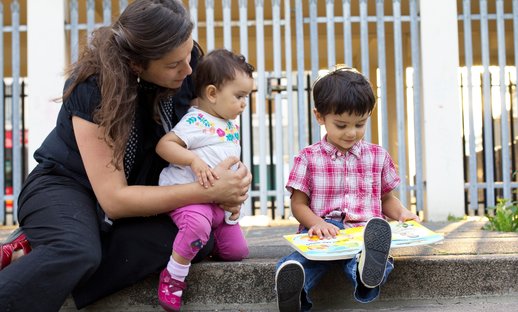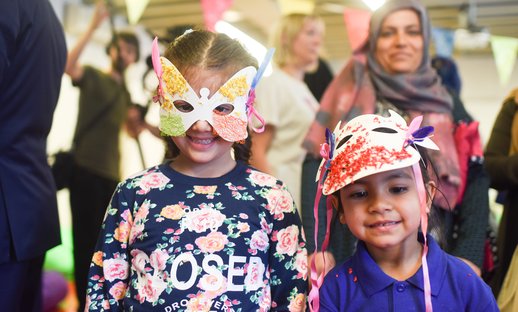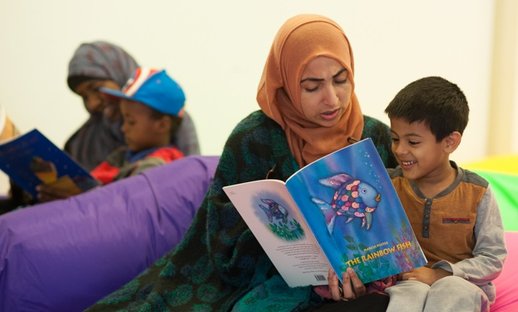Around one child in five has special educational needs (SEN) at some point during their school years. Special educational needs and disabilities (SEND) can affect a child in many ways. They can impact a child’s:
- behaviour or ability to socialise, for example they struggle to make friends
- reading and writing, for example because they have dyslexia or struggle to see or hear things clearly
- ability to understand things
- concentration levels, for example because they have ADHD
- physical ability
Talking and listening to children from birth helps to develop good language and communication skills. This enables children to listen and express themselves. It also helps them to learn and develop good relationships.
Our resources
The resources available on this page are ideal for sharing and discussing with parents and carers whose children may have specific needs.
It is, of course, essential to help parents understand how they can support their child, and that if their baby or child is diagnosed with special educational needs, talking to him is still vital, and it is never too early to start.
If parents/carers have concerns about their child’s eyesight, hearing or speech, language and communication development, talking to their GP or health visitor is always advisable.
More information
Access NHS information about:
For speech, language and communication issues, check out ICAN’s resources
For further information and resources relating to SEND education, visit the NASEN site.
Download files
You might also be interested in
-
Free
Guidance for schools, nurseries, local authorities and public health partners.View details about Making the most of the home learning environment -
Premium
The most important message you can give parents is to keep their home language alive.View details about Understanding multilingualism in the early years -
Premium
These resources aim to build the bridge between the emerging research and its practical application to improve outcomes for younger children through personalisation of stories.View details about Developing lifelong readers through personalisation


